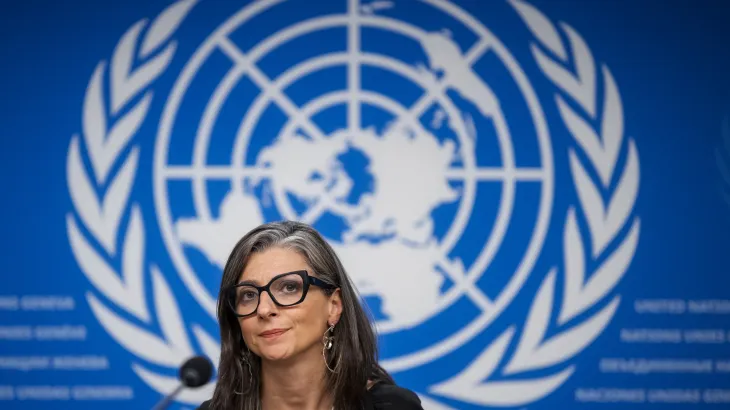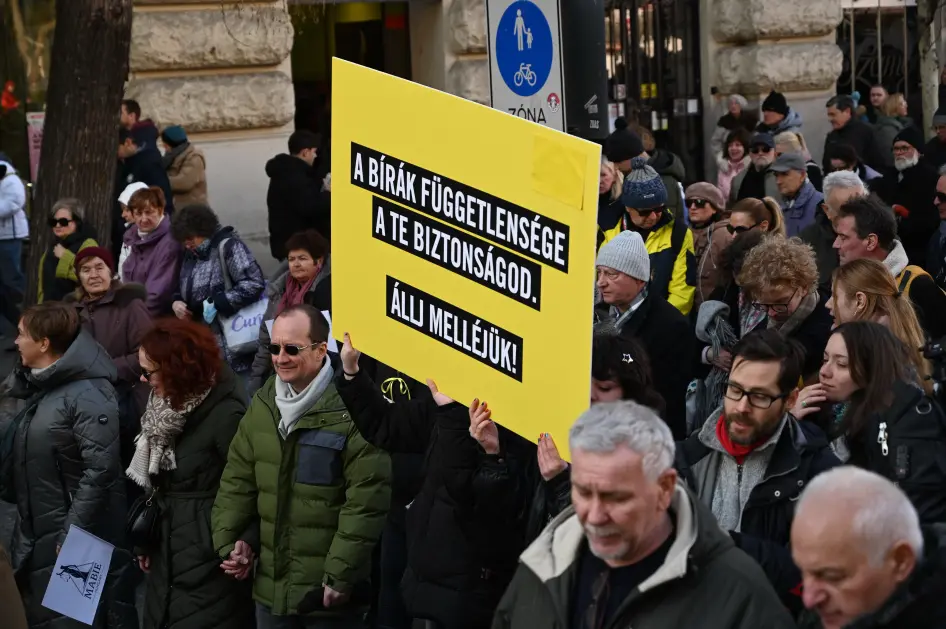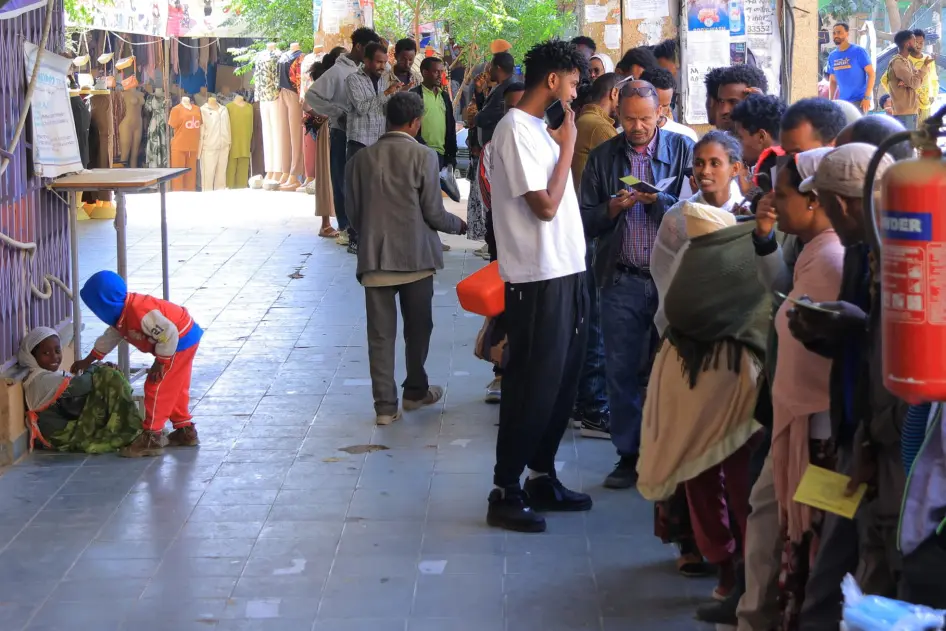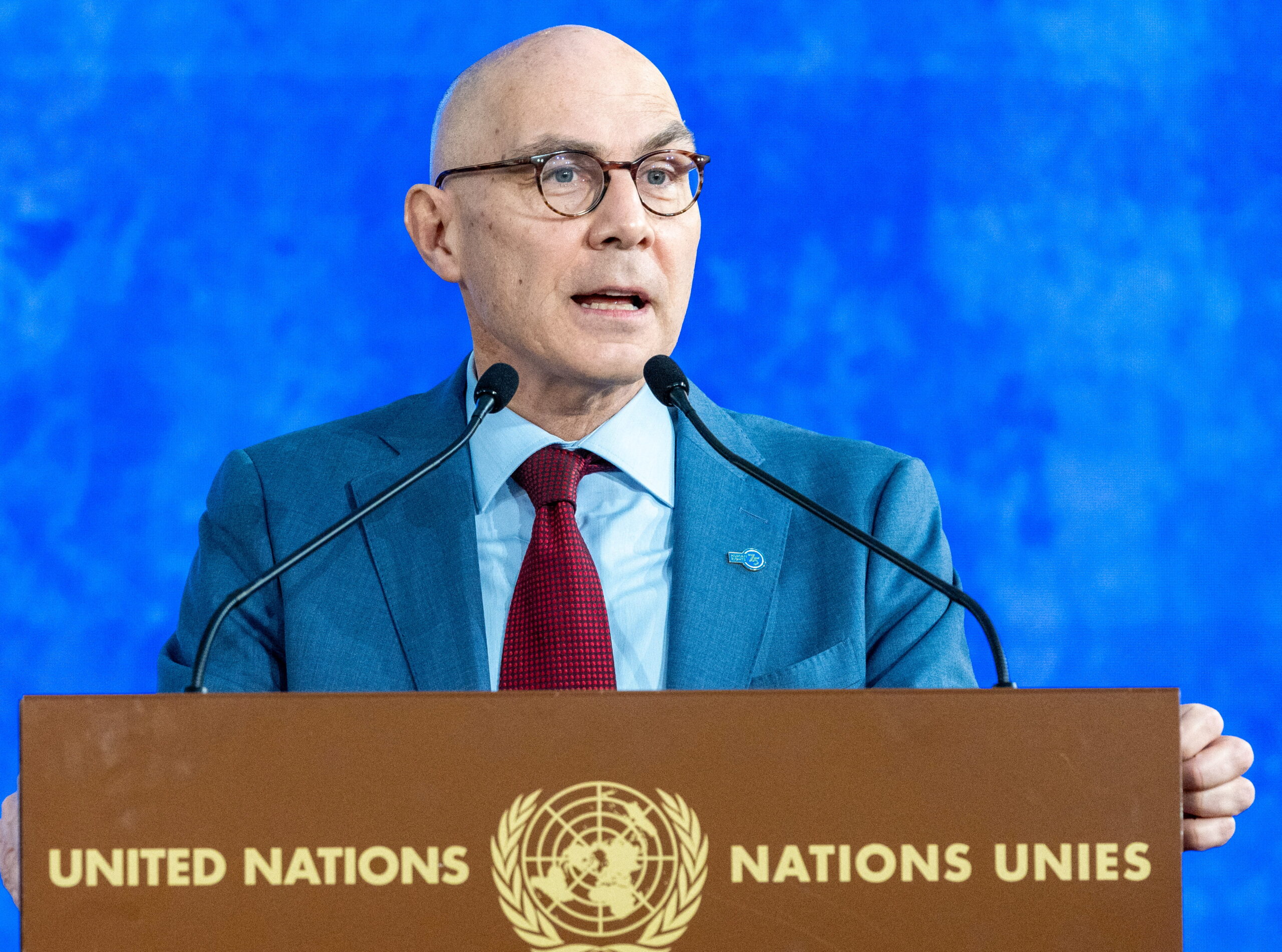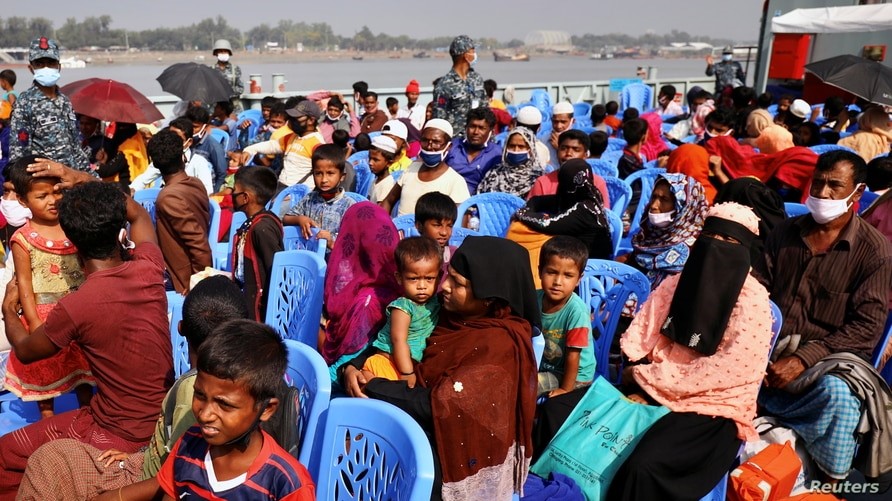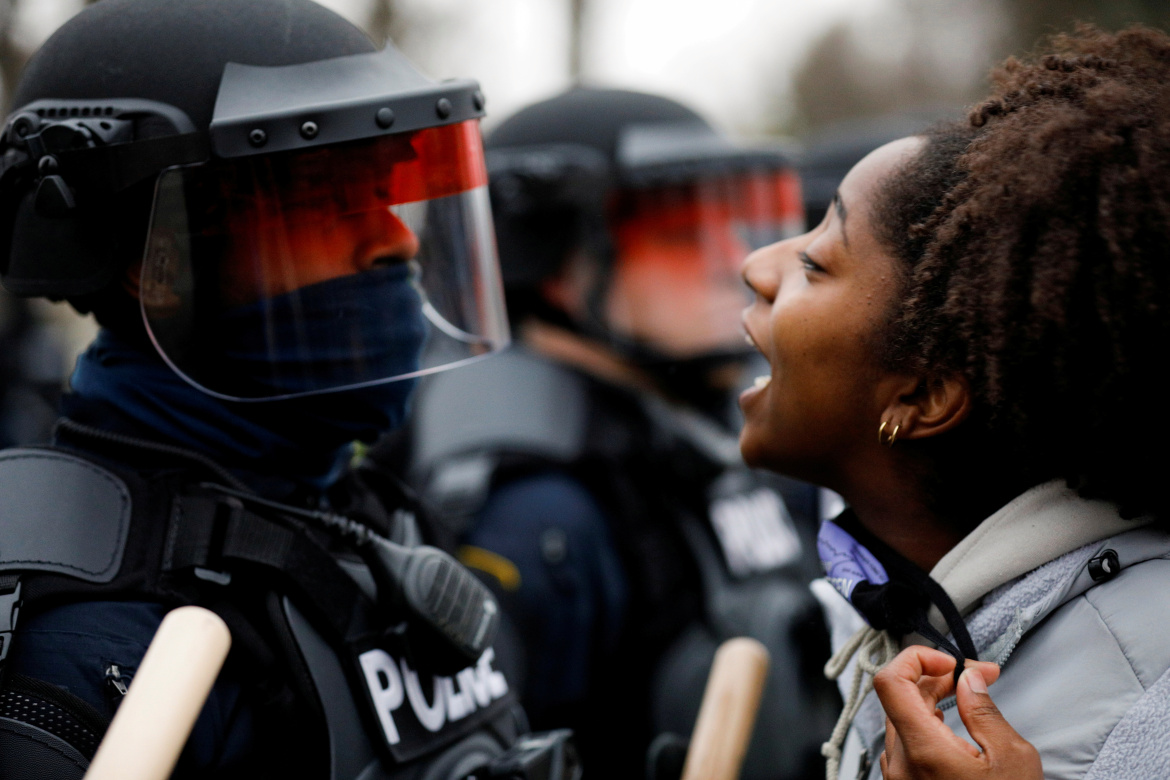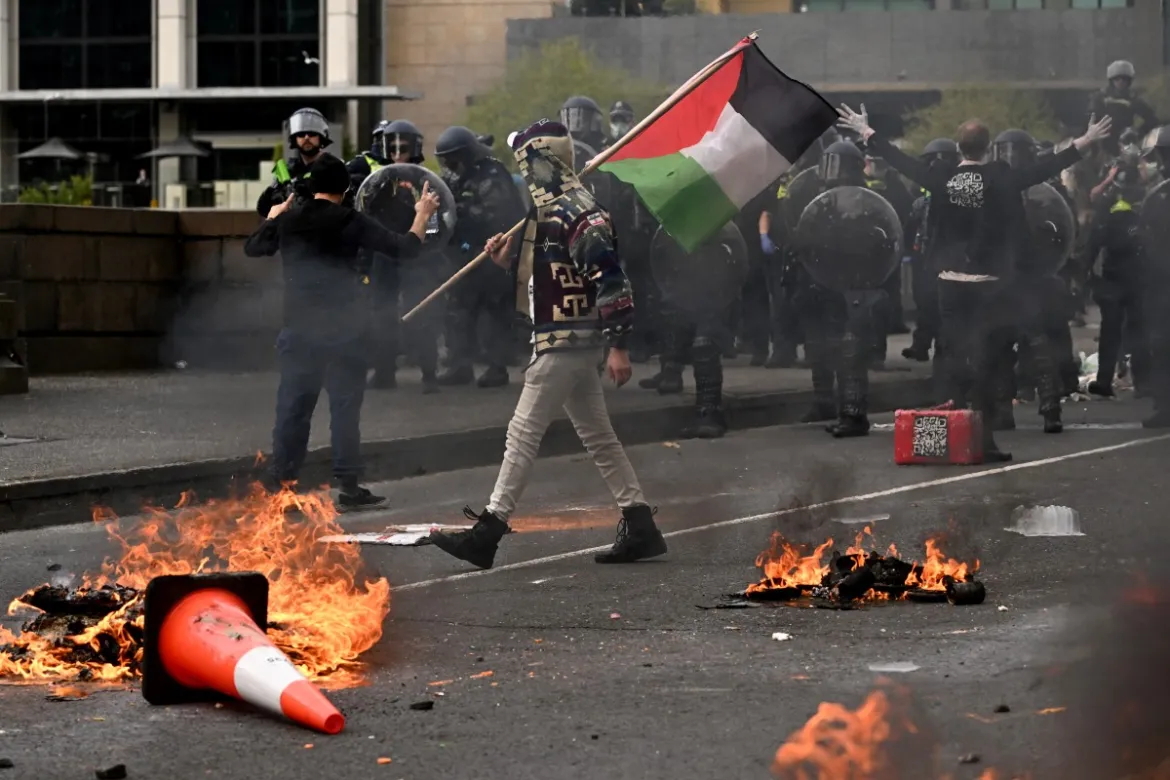Uniting for Peace and the Role of the General Assembly in Armed Conflict
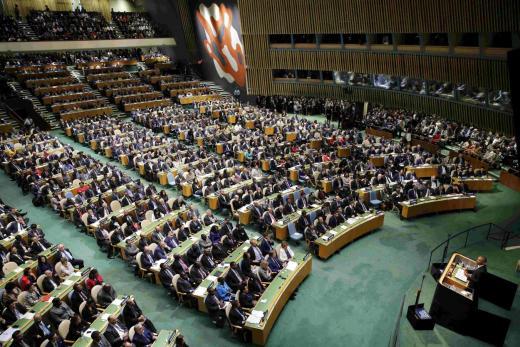
Archive/Al Jazeera.
The Uniting for Peace resolution, adopted in 1950, establishes a crucial mechanism for addressing international crises when the Security Council is deadlocked. It empowers the General Assembly to convene an emergency special session within 24 hours if the Security Council fails to act to maintain international peace and security. This provision reflects the frustration with the veto power wielded by the permanent members, which can paralyse collective security efforts.
Since its adoption, the resolution has been invoked 13 times between 1951 and 2022, with 11 emergency special sessions convened. These sessions have provided a forum for the broader UN membership to consider urgent threats to peace when the Security Council’s paralysis threatens global stability. The resolution explicitly authorises the General Assembly to recommend collective measures, including the use of armed force if necessary, to maintain or restore peace and security.
In essence, the Uniting for Peace resolution serves as a vital backstop to the Security Council’s primary responsibility. It underscores the role of the General Assembly not merely as a deliberative body but as a potential actor in collective security, stepping in when unanimity among the permanent members proves elusive. This balance between the two principal organs of the United Nations embodies an enduring effort to uphold international peace, even amid geopolitical rivalries.
Agencies.


